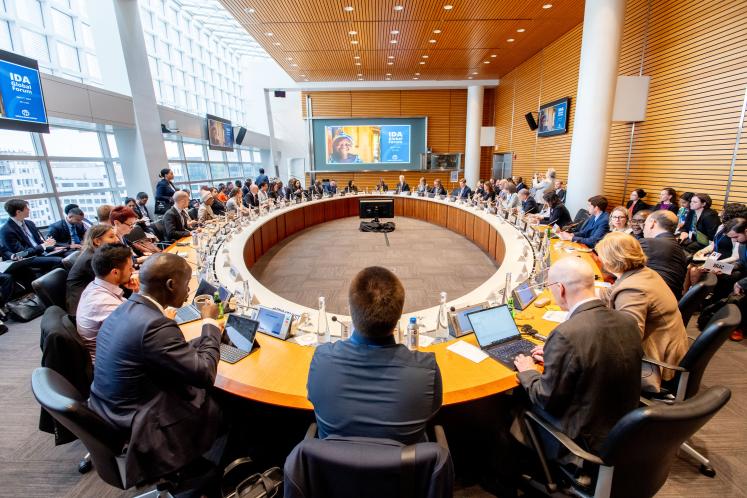This working paper offers a critical examination of the Global South’s proposals for international financial architecture (IFA) reform through a systematic survey and analysis of official statements delivered by government officials. It focuses on perceptions of unfairness and how these perceptions are driving proposals for transformation.
No single State or coalition speaks for or represents the Global South. Proposals to reform the international financial system and its governance architecture are founded on a variety of views, perceptions, and historical contexts. However, there is a broad consensus among countries from the Global South on the need for IFA reform. Historical and recent financial shocks have revealed significant vulnerabilities within the IFA, validating the call for a system that is more responsive to change and which provides greater process and outcome equity.
Broad agreements that have emerged across the Global South help us understand the outcomes sought through the ongoing IFA reform effort. These outcomes are captured in a six-part framework—the six outcomes include enhancing representation (Space), increasing the speed and agility of response (Speed), ensuring the scale of financial support meets real needs (Scale), securing sustainable and affordable financing (Sustainability), fostering global solidarity (Solidarity), and promoting economic self-reliance (Self-reliance). These are presented as an inventory of outcomes rather than a hierarchical list.
More concretely, the Global South seeks:
Space: often shortened to the expression ‘a seat at the table,’ i.e. increased participation for underrepresented countries or groups in international financial institutions as a way of amplifying voice and representation.
Speed: the IFA needs to adapt and respond more rapidly to increasingly complex global challenges. Agility is required in three dimensions: quickly halting resource outflows (extractive); quickly injecting/accessing resources (additive); and quickly adapting institutions to respond to global challenges and to reflect the changing global economic landscape (adaptive).
Scale: an increase in the scale of funding available to ensure Global South countries can meet global climate goals, maintain Sustainable Development Goal commitments, and address the ongoing debt crisis.
Sustainability: debt sustainability is central to IFA reform and includes reducing the debt service burden, improving lending rates, and enhancing the transparency of financing instruments and processes.
Solidarity: an IFA that pools resources efficiently and fairly through reforms to international taxation, new metrics to determine access to concessional finance, and a balanced approach to tackling global challenges that acknowledges the uphill challenges faced by the Global South in achieving a just energy transition, eliminating poverty, and reducing inequalities.
Self-reliance: support for new institutions in the Global South that serve the Global South, including internal reforms with respect to the efficacy of macroeconomic policy planning and strengthening domestic revenue mobilization.
We expect a focus on outcomes will lead to a more constructive dialogue on IFA reform ahead of upcoming international summits such as the 2024 Summit of the Future, the 4th International Conference on Financing for Development, and the 2025 World Social Summit.
The paper also stresses the need to prioritize political commitments in upcoming international summits that address these broad outcomes sought by the Global South.
Read "The Demand for a Fair International Financial Architecture" here.
Suggested citation: David Passarelli, Patricia Justino. The Demand for a Fair International Financial Architecture : UNU-CPR, 2024.



